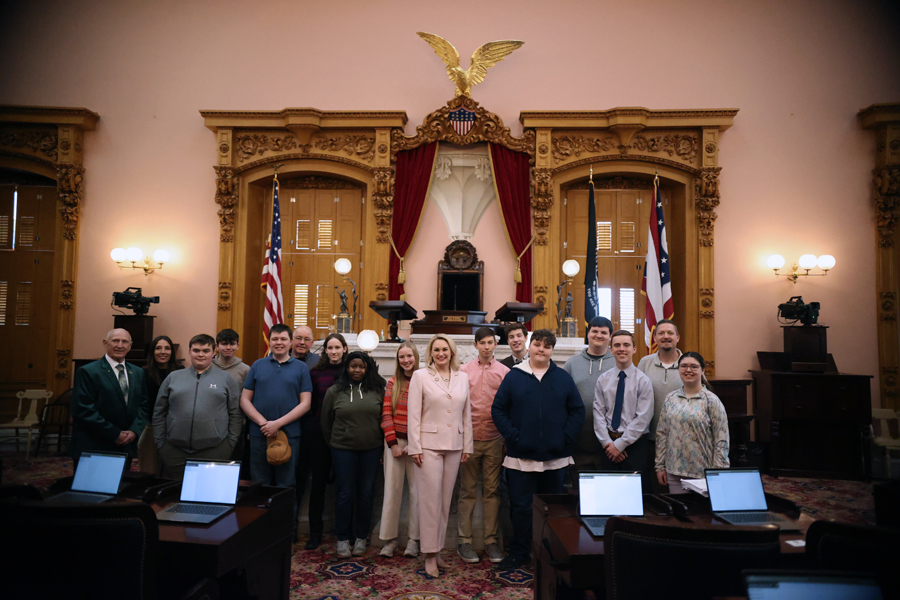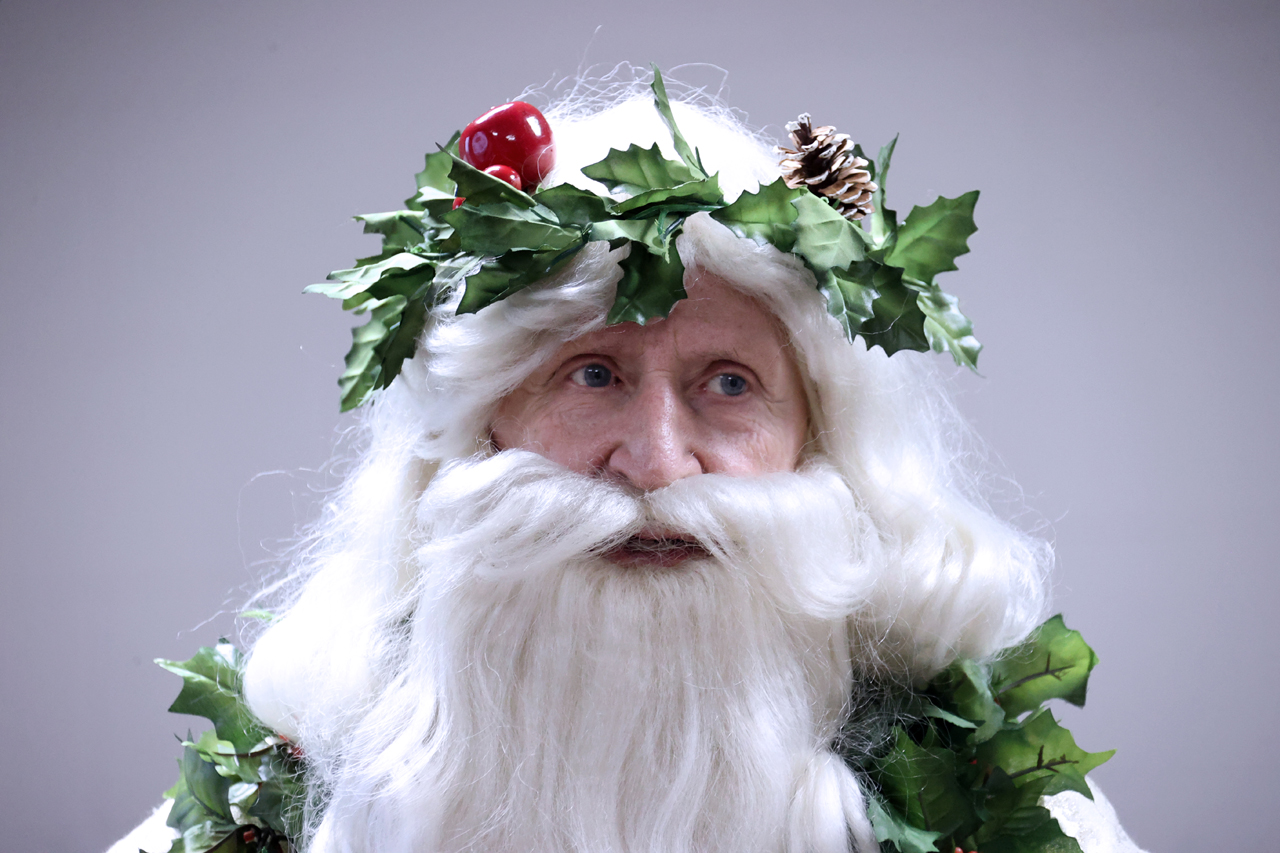No Greater Love
By Kenneth Hammontree
John 15:13
Greater love hath no man than this, that a man lay down his life for his friends.
Duty, Honor, and County
These three words are inscribed at the U.S. academy at West Point. These three words inspired a young cadet named Douglas MacArthur. MacArthur went on to defeat the Japanese in WWII. He never forgot those words from West Point.
What motivates a man or a woman to give his or her life for their country? I am led back to the three words that motivated a man to defeat the powerful imperial forces of Japan. “Duty, honor, and country.” Our nation has been blessed since 1776 with George Washington’s army, because of the brave soldiers, who like Jesus Christ, willingly laid down their lives for the sake of freedom, life, liberty and the pursuit of happiness.
The names of George Fox, Alexander Goode, Clark Poling, and John Washington may not be found in our school history books, however, the names of these four men and the many they exemplify should be written in the history of our hearts as Americans for generations to come.

Who were these men who gave all?
George Fox
George Fox was a Methodist minister from Altoona Pa. In 1917, with the outbreak of WWI George lied about his age and enlisted in the Marine Medical Corps. He won the Silver Star and the Purple Heart by the end of the war. After the war, Fox went on to Moody Bible Institute and Boston University School of Theology. When the Japanese bombed Pearl Harbor, Fox enlisted to serve as a chaplain, “With no second thoughts. I never looked back,” he said to a friend.
Alexander Goode
Goode was born in Brooklyn and joined the National Guard when he turned 17. After High School. Alexander followed in his father’s footsteps and became a rabbi at Temple Beth Israel. Following the attack on Pearl Harbor, Goode enrolled to be a chaplain. While he was in training, he met and made friends with Poling, Washington, and Fox.
Clark Poling
Poling was from Columbus Ohio and a member of the Dutch Reformed church. As a young man Poling went to Hope College to study for the ministry. Later he would attend Yale Divinity School. After Pearl Harbor, Poling decided to become a chaplain. Just before he left for the war he asked his father, “do not pray for a safe return, but pray that I will do my sacred duty, and never be a coward in the face of death.”
John Washington
John was from Newark, N.J. and born into the family of poor Irish immigrants. John was tough and became a leader of a street gang, “The Twelfth Street Boys,” in Newark. After becoming an altar boy in his local Catholic Church, he felt a call into the priesthood. After Pearl Harbor was attacked, John Washington made the decision to become a chaplain.
On Feb. 2, 1943, Captain Danielson of Convoy SG-19 and the ship Dorchester (once a luxury coastal liner) was concerned and cautions that the ship was entering dangerous waters. The Dorchester had been converted for military service and now was passing through waters known as “Torpedo junction.”
Four German U-boats were detected by means of sonar and the alert was sent for Air support. However, the support could not make it to the Dorchester in time. The captain ordered all crew and soldiers to sleep with their clothing on, and with their life jackets buckled. Many disobeyed the orders, who were sleeping in the ships hold, because of the intense engine heat.
At 0100 on Feb. 3, 1943, 100 miles off the coast of Greenland, the ship’s bell sounded twice, after a German U-boats U-223 had been sited. Immediately the ship was STRUCK WITH 3 TORPEDOES. Two struck the starboard side and one missed. The captain gave orders to abandon ship. Life boats were launched, but only two life boats out of fourteen made a successful launch. The other rafts, tossed into the sea, drifted away before many of the soldiers could use them.
The waters of the Arctic were frigid. Many arrived on the deck without life jackets as the chaplains gave out spare jackets from the lockers on deck. Soon the spare jackets ran out. At this point in the story, it is not known which chaplain started the heroic gesture. They heard the cries of the men in the water who lost their jacket and could not swim.
History does not tell us which chaplain was the first one to give up his jacket. Furthermore, it is not important because he would not want his name to be known. He was a man of: “Sacred Duty, Honor, and Country.” They all gave their jackets away for the sake of others.
The four chaplains were last seen huddled on the upper deck of the Dorchester in prayer, after giving words of encouragement to those around them. One eyewitness, John Ladd, said of the four huddled in prayer: “It was the finest thing I have ever seen this side of heaven.” Twenty-seven minutes after the Dorchester was struck it sank. The chaplains only had a few minutes to decide to show no greater love, on that day of February 3, 1943.
With passengers and crew, the Dorchester carried 902. After the ship sank 675 died and only 227 survived. On July 14, 1960, the US Congress, by act of law, created the “Four Chaplains Medal.” The chaplains also received the Distinguished Service Cross and the Purple Heart. These heroic men, like so many others who bravely served our nation throughout its history, paid the ultimate price to ensure that others might have life.
We will never know the number of people who benefited from their sacrifice. Neither can we ever know the number of people who have benefited from the sacrifices of the thousands who gave their lives since 1776. However, we do know this: unlike the unknowns at Arlington National Cemetery… known only to God, our four chaplains are known.
“Valor is a gift,” Carl Sandburg once said. “Those having it never know for sure they have it until the test comes.” That night, those four chaplains became an enduring example of extraordinary faith, courage, and selflessness.
Duty, Honor, and Country.
God Bless our Veterans and God Bless America.
No Greater Love
By Kenneth Hammontree
Video by Luke Wash










